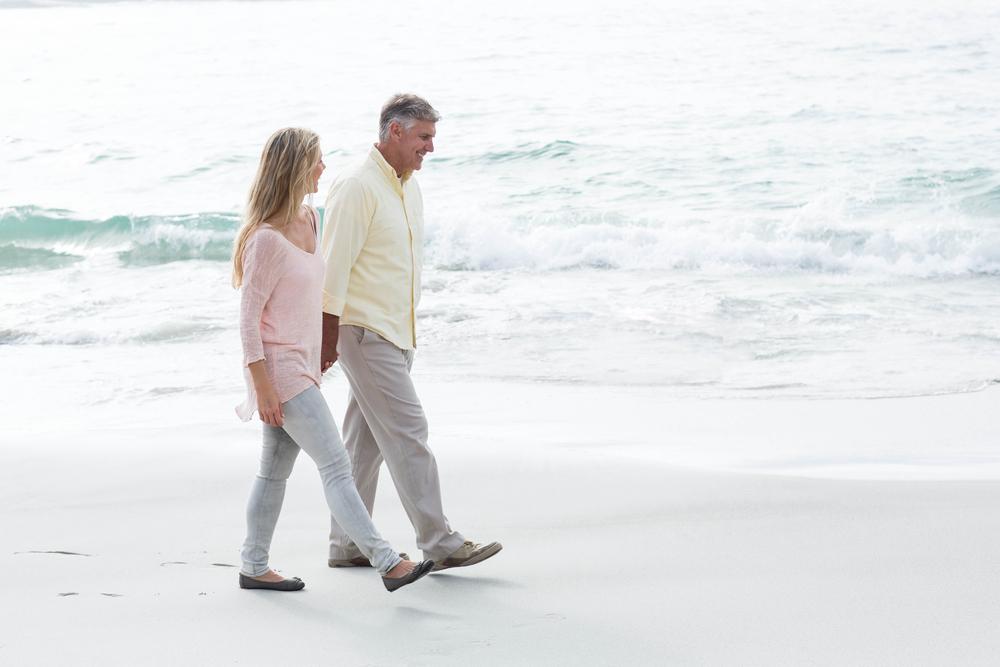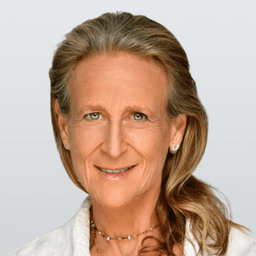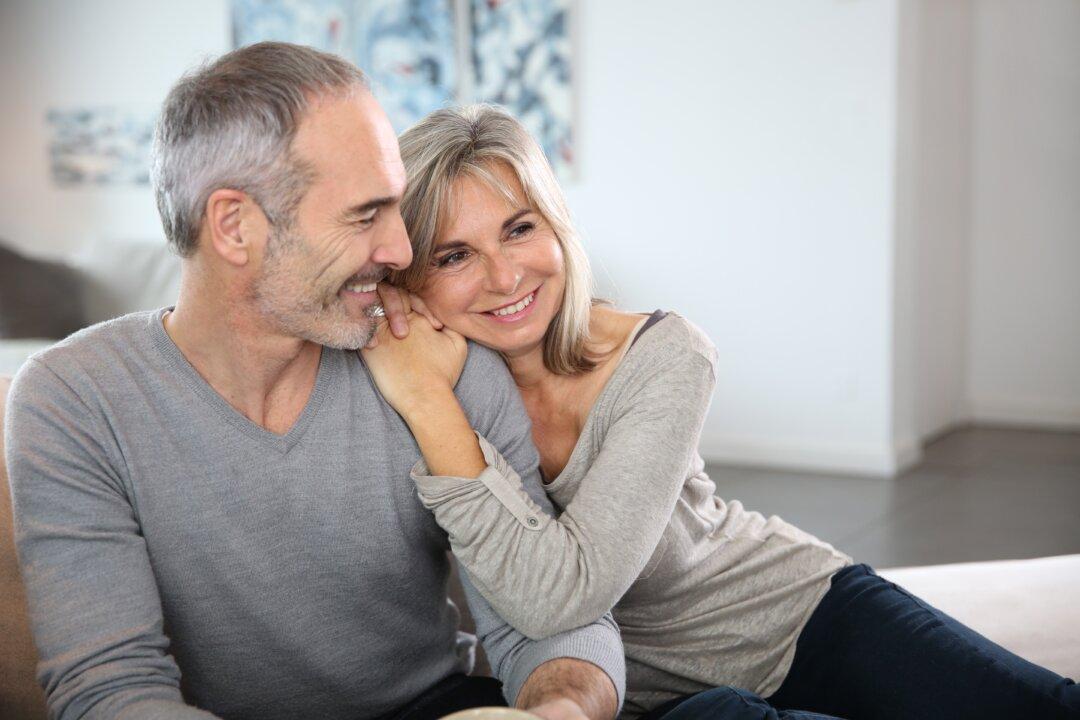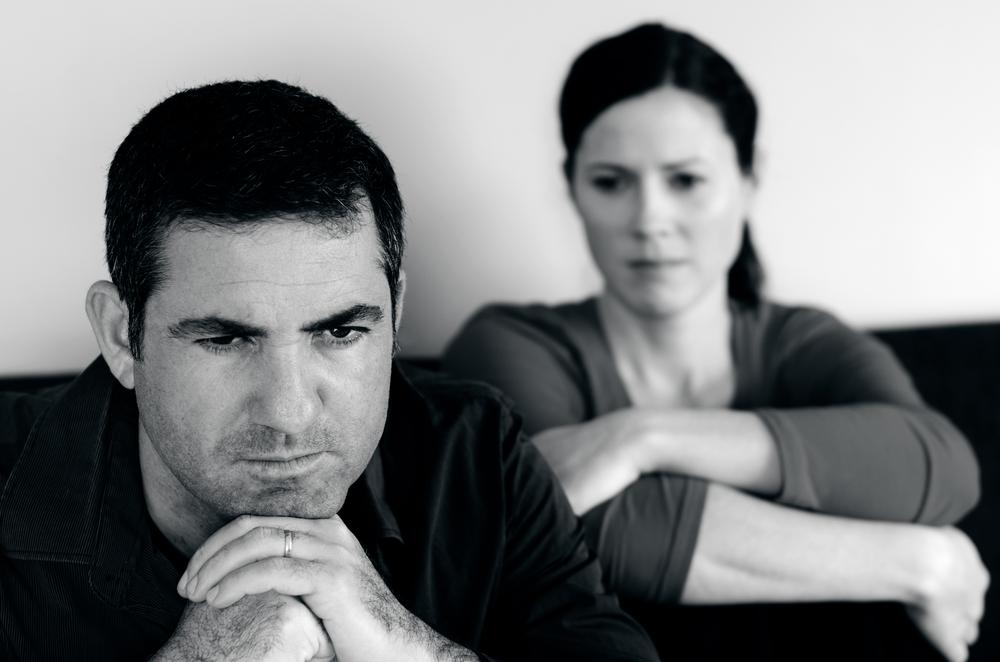The workshop started with a simple question: “What do you want?” That question was followed shortly with, “What is your deepest intention?” And then, “What do you want to create in your life?” After that, out came the magic markers, poster boards, glue sticks, glitter, and all sorts of other art supplies. We were to start drawing, mapping, and fleshing out a future life and future self, complete with the action steps that would lead us to our deepest wants and intentions.
From the time we’re very young, we’re conditioned to be strivers. We’re trained to want and keep wanting for more and better. Better versions of ourselves and better experiences for ourselves—this is where we’re supposed to aim our attention.





